The Invisible Orientation: An Introduction to Asexuality * Next Generation Indie Book Awards Winner in LGBT *
£8.10
Foreword Reviews’ INDIEFAB Book of the Year Award 2014 Finalist in Family & Relationships
Independent Publisher Book Awards 2015 (IPPY) Silver Medal in Sexuality/Relationships
Next Generation Indie Book Awards 2015 Winner in LGBT
—
What if you weren’t sexually attracted to anyone?
A growing number of people are identifying as asexual. They aren’t sexually attracted to anyone, and they consider it a sexual orientationlike gay, straight, or bisexual.
Asexuality is the invisible orientation. Most people believe that everyone” wants sex, that everyone” understands what it means to be attracted to other people, and that everyone” wants to date and mate. But that’s where asexual people are left outthey don’t find other people sexually attractive, and if and when they say so, they are very rarely treated as though that’s okay.
When an asexual person comes out, alarming reactions regularly follow; loved ones fear that an asexual person is sick, or psychologically warped, or suffering from abuse. Critics confront asexual people with accusations of following a fad, hiding homosexuality, or making excuses for romantic failures. And all of this contributes to a discouraging master narrative: there is no such thing as asexual.” Being an asexual person is a lie or an illness, and it needs to be fixed.
In The Invisible Orientation, Julie Sondra Decker outlines what asexuality is, counters misconceptions, provides resources, and puts asexual people’s experiences in context as they move through a very sexualized world. It includes information for asexual people to help understand their orientation and what it means for their relationships, as well as tips and facts for those who want to understand their asexual friends and loved ones.
Read more
Additional information
| Publisher | Reprint edition (13 Oct. 2015), Skyhorse |
|---|---|
| Language | English |
| File size | 1532 KB |
| Text-to-Speech | Enabled |
| Screen Reader | Supported |
| Enhanced typesetting | Enabled |
| X-Ray | Not Enabled |
| Word Wise | Enabled |
| Sticky notes | On Kindle Scribe |
| Print length | 240 pages |

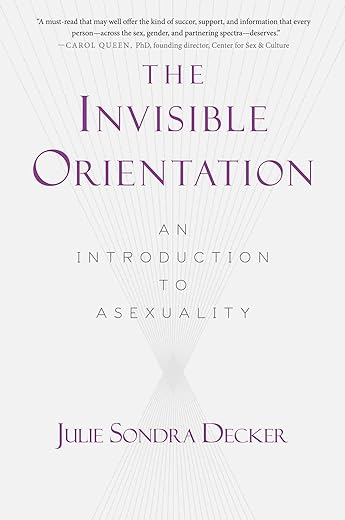
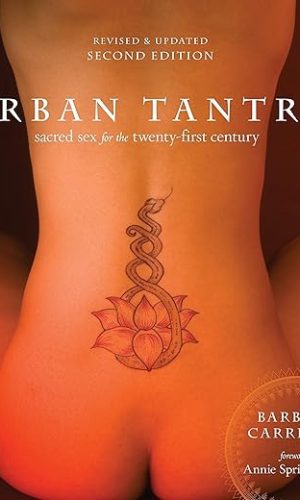
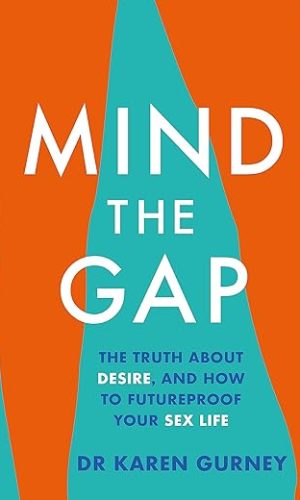
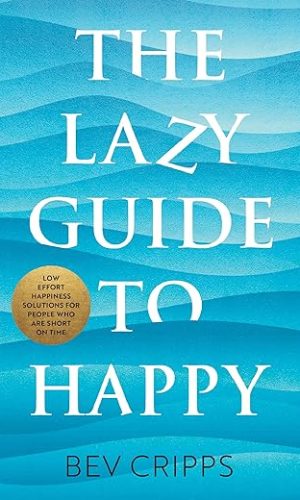
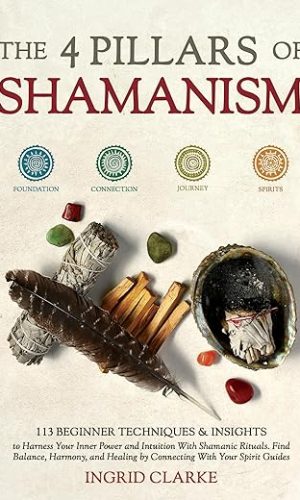
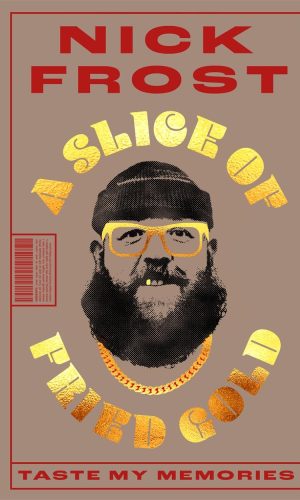



by AZ
1. The author thinks that ‘media’ is singular, not plural.
2. The author thinks that ‘genitalia’ is singular, not plural.
3. The author thinks that ‘disinterested’ means ‘uninterested’.
4. The author does not see that ‘making love’ (not mentioned) is not the same as ‘having sex’ (mentioned), so she omits some possibilities – see below re. pp 30-33.
5. Pages 30-33 – the book is weak on loving possibilities between women I have the impression that the author’s ideas about sexual interactions are based on typical penetration-oriented (“phallocentric”) heterosexual behaviour, so she misses some of the possibilities between sexual and asexual women in a loving partnership (and between lesbians, for that matter). It IS possible for an asexual woman to love her female partner’s body for aesthetic reasons, and for some, also to make love to her so as to enjoy her pleasure and to enjoy giving that pleasure and to admire and enjoy her body’s reaction to the giving – and not to want any sexual attention in return – and for that arrangement to work happily for decades. Of course, if your idea of ‘sex’ is one person pushing a penis into another’s vagina, clearly both parties have to be engaged in the same thing simultaneously, and you cannot imagine therefore that one person, an asexual woman, might give (entirely voluntarily, out of love and appreciation) her full attention to her beloved partner’s body for entirely non-sexual reasons and the other, a non-asexual woman, might receive her loving attentions for a number of reasons, including sexual. This weakens the book, in my opinion, and makes me reluctant to offer it by way of explanation.
6. Page 32: the need for human-to-human physical contact exists independently of the human desire for sexual interaction.
7. Pages 41-43 – see comments for pages 30-33; female-to-female relations readily allow one person to give while the other receives, so the table on page 43 needs a point 6, and ‘making love’, which the author does not mention, is not the same ‘as having sex’.
by Sky Eastwood
The best book I have encountered on a very delicate subject. Sympathetically written by a very knowledgeable author. For those whose are asexual, or encounter asexuals professionally or personally this is essential reading.
by r804
Great book for anyone wanting to know more about asexuality whether for themselves or because! of someone else mentioning it.
by Miss P. Martin
A great all rounder. Explains each aspect of the orientation very comprehensibly and draws on real experiences that allows for a certain camaraderie for people of the asexual orientation. Gave me a real sense of self. Definitely a good book to introduce people to the orientation!
by Siobhan M
An amazingly insightful overview of asexuality, unpacking it conceptually as well as experientially. It was extremely insightful and moving to read, and flowed extremely well – easy to read in one go!
I believe it has a lot to offer for those who identify as asexual themselves and those who simply want to learn more about an under-represented sexuality.
by MISS SELINA THOMPSON
Really great introductory guide – especially if there is somebody who identifies as ace in your life that you want to support
by Amazon Customer
Some good information. Quite patronising towards sexuals.
by Ms. Gayle A. Yeomans
highly recommended whether you are asexual, know an asexual, are a medical professional, are just curious or anything in between. this book is very well and sensitively written, covers a lot of ground but speaks in layman’s terms. i first ordered the kindle copy but now also have the paperback to help with my coming out because this book answers all the stupid questions that people ask and i so often don’t know how to answer. i wish i’d had it when i was young, it would have helped me so much and i’m glad it exists now to help other people.